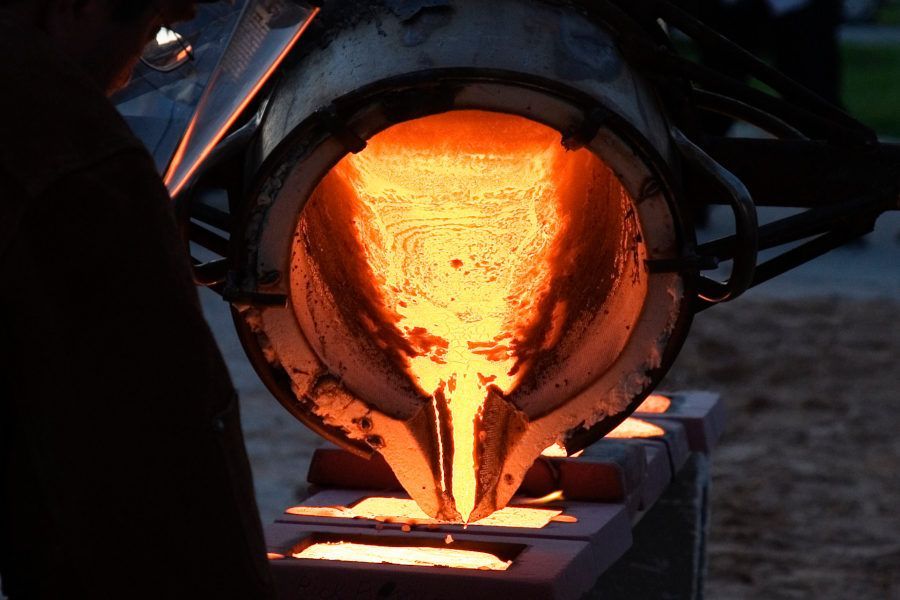Welcome to VIP METALS
Metal Casting Unveiled: Exploring the Process
Creating Metal Casting Solutions That Propel Your Business Forward.
Welcome to our comprehensive guide on metal casting! At VIP Metals, we delve into the intricate world of metal casting, shedding light on the process, its types, and applications.
What is the Metal Casting Process?
Metal casting is a process where melted metal is poured into a mould to form a specific shape as it cools and hardens. The steps include making a pattern, preparing the mould, melting the metal, pouring it, letting it cool, and then finishing the product.
Our Services
Our pattern making expertise ensures precision and responsiveness, crucial for reducing post-casting operations and cutting costs.
We use modern foundries to create both ferrous and non-ferrous castings. From the initial design to the final product, we focus on delivering top-quality results.
Our precision engineering and machining services are built to handle even the most complex projects with ease.
Utilise our advanced laser cutting technology for precise and efficient cutting across various materials.
VIP Metals offers plate
profiling services that ensure materials are cut to exact specifications.
We offer a wide range of fabrication services, from design to assembly, to match your exact needs.
Can You Cast Metal at Home?
Although
metal casting is mainly used in industry, hobbyists and DIY enthusiasts can do it at home with the right tools and safety measures. It does require special equipment, proper knowledge, and strict attention to safety.

Exploring the 4 Main Types of Casting
1. Sand Casting: A versatile and widely-used method where a pattern is pressed into sand to create a mold cavity.
2. Investment Casting: Also known as lost-wax casting, it involves creating a wax pattern, coating it with ceramic, and then melting the wax to leave a hollow mold.
3. Die Casting: Utilises reusable metal molds, or dies, to produce intricate shapes with high accuracy and surface finish.
4. Permanent Mold Casting: Involves pouring molten metal into a reusable mold made of metal, typically cast iron or steel.
Metal Castings: Their Diverse Applications
Metal castings are used in many industries, such as automotive, aerospace, construction, and manufacturing. They help create all kinds of parts, from engine blocks and gears to decorative pieces and sculptures.
Let's Talk
Contact Us
Ready to Transform Your Engineering Projects?
Want to explore the world of
metal casting? Get in touch with VIP Metals today for expert advice and high-quality casting solutions made just for you.

